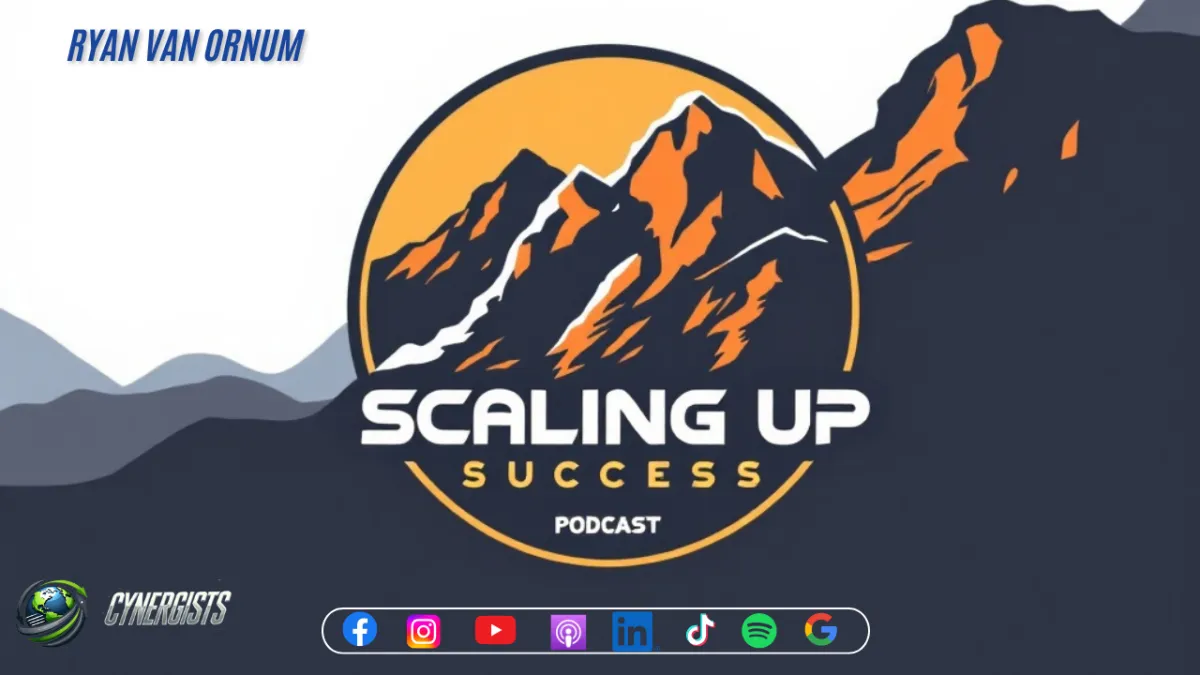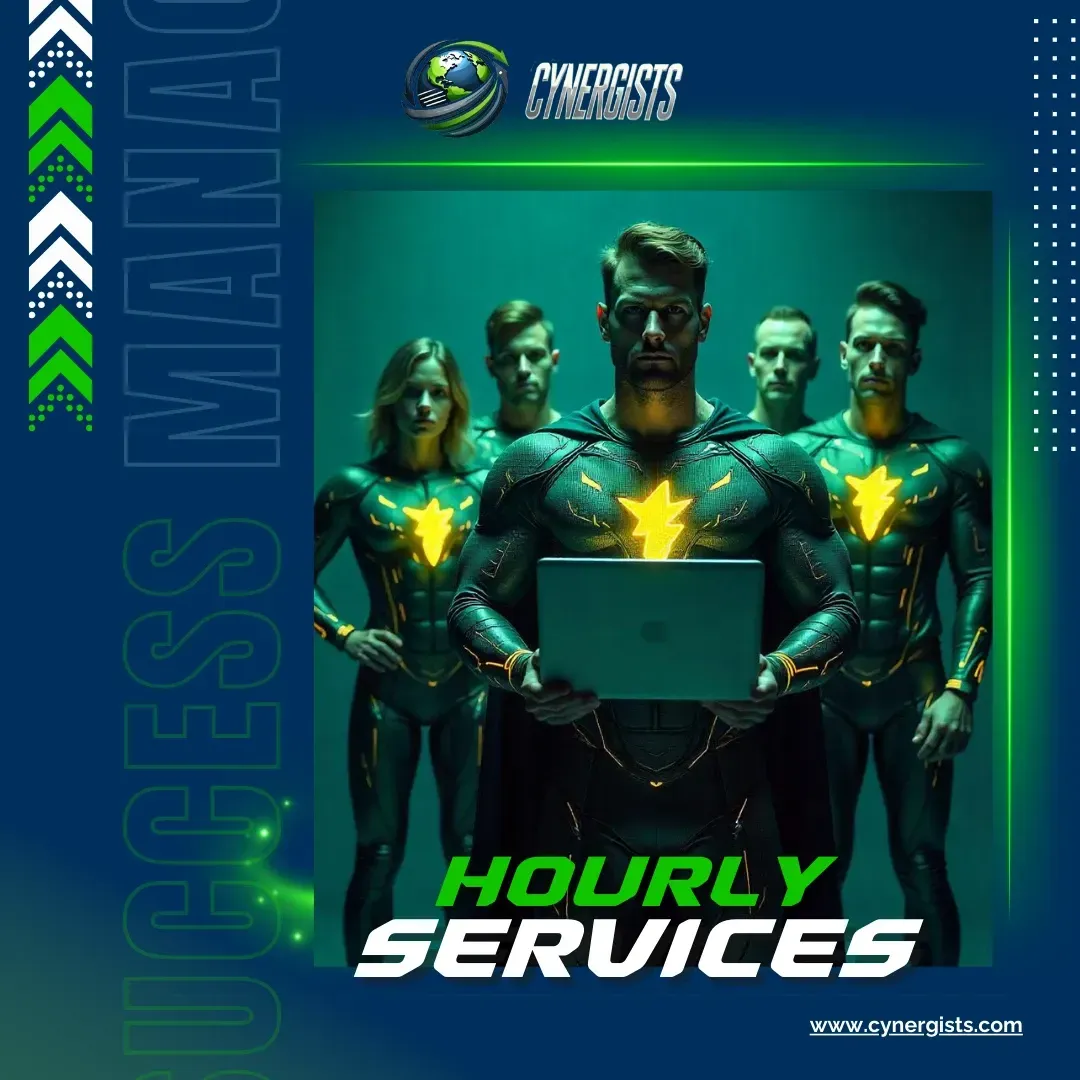
Suit Up with the Cynergists Blog:
Built for the Brave, the Bold, and the Business-Minded

Suit Up with the Cynergists Blog:Built for the Brave, the Bold, and the Business-Minded
Featured Posts
At Cynergists, we empower businesses with highly skilled virtual assistants who handle routine tasks, so you can focus on growth. Our blog offers expert tips, actionable strategies, and success stories to help you streamline operations and save time.

The Future of Sales Teams: How Automation is Reshaping the Industry

Lead Generation in 2025: Proven Strategies to Fill Your Pipeline

Top 8 Ways to Leverage Your CPA Business Utilizing Cynergists
Featured Posts
At Cynergists, we empower businesses with highly skilled virtual assistants who handle routine tasks, so you can focus on growth. Our blog offers expert tips, actionable strategies, and success stories to help you streamline operations and save time.

The Future of Sales Teams: How Automation is Reshaping the Industry

Lead Generation in 2025: Proven Strategies to Fill Your Pipeline

Top 8 Ways to Leverage Your CPA Business Utilizing Cynergists

“I Don’t Feel Like It” – And Why That’s the Signal to Begin
We’ve all had those mornings: the alarm goes off, and the first thought is, “I don’t feel like it.” Maybe it’s exercise, work, studying, or even just showing up for people in our lives. At first glance, that phrase feels like an excuse or a weakness. But what if it’s actually the most powerful signal to begin?
In this blog, we’ll uncover why that resistance is a natural part of human psychology, how to flip it into action, and why building momentum often matters more than waiting for inspiration. If you’ve ever wondered why getting started feels harder than it should, you’re in the right place.
The Psychology of Resistance
Every time we whisper to ourselves, “I don’t feel like it,” we’re encountering a very human mechanism: resistance. Psychologists link this to our brain’s tendency to avoid discomfort, conserve energy, and chase immediate gratification.
Why starting is hard: The brain interprets new or effortful tasks as potential threats, triggering avoidance.
Motivation vs discipline: Motivation is fleeting, but discipline is a muscle that strengthens when we act despite resistance.
The science of procrastination: Studies show procrastination is more about regulating emotions than poor time management.
When you recognize “I don’t feel like it” not as a stop sign but as an indicator you’re at the threshold of growth, you begin reframing it as a prompt to lean in rather than pull away.
Why Starting Matters More Than Motivation
The hardest part isn’t the work, it’s the start. Think of pushing a heavy boulder: the first shove takes the most energy, but momentum carries it forward.
Start before you’re ready: Waiting for the perfect conditions is procrastination in disguise.
Build momentum daily: Even five minutes of action can snowball into hours of productivity.
Micro-commitments: Promise yourself small wins (write one paragraph, do five push-ups, answer one email). These wins rewire your brain to crave progress.
Practical example: Ever forced yourself to the gym when you didn’t want to go? Within 10 minutes of moving, you felt different. Action precedes motivation, it doesn’t follow it.
Practical Strategies to Act When You Don’t Feel Like It
Feeling resistance is normal. Staying stuck in it is optional. Here are tested ways to move forward when the voice says “not today.”
The 5-Minute Rule: Commit to working for just five minutes. Most of the time, momentum takes over.
Implementation Intentions: Instead of vague goals, say: “If it’s 7 AM, then I put on my running shoes and walk outside.”
Environment Design: Reduce friction, set your workspace, lay out clothes, prep tools ahead of time.
Accountability: Share your goals with a partner or coach to add external commitment.
Shift Self-Talk: Replace “I don’t feel like it” with “I’ll just begin and see where it goes.”
These practices turn resistance into a cue for progress rather than paralysis.
Consistency, Growth, and Long-Term Discipline
Getting started once is powerful. Getting started daily is transformational.
Why consistency beats intensity: A 20-minute daily walk outperforms a once-a-month marathon effort.
Stacking habits: Anchor new behaviors to existing ones (write after coffee, stretch before bed).
Identity shift: Each time you act despite resistance, you reinforce the story: “I’m someone who follows through.”
From short-term to sustainable: Discipline turns into identity, which sustains results for years.
Think of resistance as weightlifting for your willpower. Each rep makes you stronger.
Turning Resistance Into a Cue for Action
The next time you catch yourself saying “I don’t feel like it,” pause. Recognize that phrase for what it is: a signal that action matters most in this moment. Resistance isn’t weakness, it’s a compass pointing toward growth.
When you embrace this mindset, you’ll find yourself building discipline, momentum, and a life shaped by consistent progress rather than fleeting motivation.
And if you’re ready to take these lessons into your business and leadership journey, you don’t have to do it alone. RVO (Ryan Van Ornum) podcast dives deep into the mindset and systems that help entrepreneurs scale without burning out.
At the same time, Cynergists offers expert-led marketing services via Cynergists and curated growth tools through Cynergists.shop. Whether you want to sharpen your strategy or streamline operations, Cynergists provides a seamless path from planning to performance.

“I Don’t Feel Like It” – And Why That’s the Signal to Begin
We’ve all had those mornings: the alarm goes off, and the first thought is, “I don’t feel like it.” Maybe it’s exercise, work, studying, or even just showing up for people in our lives. At first glance, that phrase feels like an excuse or a weakness. But what if it’s actually the most powerful signal to begin?
In this blog, we’ll uncover why that resistance is a natural part of human psychology, how to flip it into action, and why building momentum often matters more than waiting for inspiration. If you’ve ever wondered why getting started feels harder than it should, you’re in the right place.
The Psychology of Resistance
Every time we whisper to ourselves, “I don’t feel like it,” we’re encountering a very human mechanism: resistance. Psychologists link this to our brain’s tendency to avoid discomfort, conserve energy, and chase immediate gratification.
Why starting is hard: The brain interprets new or effortful tasks as potential threats, triggering avoidance.
Motivation vs discipline: Motivation is fleeting, but discipline is a muscle that strengthens when we act despite resistance.
The science of procrastination: Studies show procrastination is more about regulating emotions than poor time management.
When you recognize “I don’t feel like it” not as a stop sign but as an indicator you’re at the threshold of growth, you begin reframing it as a prompt to lean in rather than pull away.
Why Starting Matters More Than Motivation
The hardest part isn’t the work, it’s the start. Think of pushing a heavy boulder: the first shove takes the most energy, but momentum carries it forward.
Start before you’re ready: Waiting for the perfect conditions is procrastination in disguise.
Build momentum daily: Even five minutes of action can snowball into hours of productivity.
Micro-commitments: Promise yourself small wins (write one paragraph, do five push-ups, answer one email). These wins rewire your brain to crave progress.
Practical example: Ever forced yourself to the gym when you didn’t want to go? Within 10 minutes of moving, you felt different. Action precedes motivation, it doesn’t follow it.
Practical Strategies to Act When You Don’t Feel Like It
Feeling resistance is normal. Staying stuck in it is optional. Here are tested ways to move forward when the voice says “not today.”
The 5-Minute Rule: Commit to working for just five minutes. Most of the time, momentum takes over.
Implementation Intentions: Instead of vague goals, say: “If it’s 7 AM, then I put on my running shoes and walk outside.”
Environment Design: Reduce friction, set your workspace, lay out clothes, prep tools ahead of time.
Accountability: Share your goals with a partner or coach to add external commitment.
Shift Self-Talk: Replace “I don’t feel like it” with “I’ll just begin and see where it goes.”
These practices turn resistance into a cue for progress rather than paralysis.
Consistency, Growth, and Long-Term Discipline
Getting started once is powerful. Getting started daily is transformational.
Why consistency beats intensity: A 20-minute daily walk outperforms a once-a-month marathon effort.
Stacking habits: Anchor new behaviors to existing ones (write after coffee, stretch before bed).
Identity shift: Each time you act despite resistance, you reinforce the story: “I’m someone who follows through.”
From short-term to sustainable: Discipline turns into identity, which sustains results for years.
Think of resistance as weightlifting for your willpower. Each rep makes you stronger.
Turning Resistance Into a Cue for Action
The next time you catch yourself saying “I don’t feel like it,” pause. Recognize that phrase for what it is: a signal that action matters most in this moment. Resistance isn’t weakness, it’s a compass pointing toward growth.
When you embrace this mindset, you’ll find yourself building discipline, momentum, and a life shaped by consistent progress rather than fleeting motivation.
And if you’re ready to take these lessons into your business and leadership journey, you don’t have to do it alone. RVO (Ryan Van Ornum) podcast dives deep into the mindset and systems that help entrepreneurs scale without burning out.
At the same time, Cynergists offers expert-led marketing services via Cynergists and curated growth tools through Cynergists.shop. Whether you want to sharpen your strategy or streamline operations, Cynergists provides a seamless path from planning to performance.
Why Follow Our Blog?
Save Time, Boost Efficiency: Discover how virtual assistants can automate tasks and optimize your business.
Smart Scaling Tips: Learn how to scale without the headaches using virtual assistant support.
Tech & Automation Insights: Leverage AI and automation to enhance your business operations.
Real Success Stories: See how our clients have transformed their businesses with our services.
Entrepreneur Tips: Get practical advice for growing your business and managing your team.
Ready to Grow?
Explore Cynergists today and discover how our virtual assistants can help you reclaim time and boost efficiency. Subscribe to our blog for the latest updates, tips, and news!
STAY UP TO DATE, CHECK OUT OUR PODCAST AND FOLLOW US!
STAY UP TO DATE, CHECK OUT OUR PODCAST AND FOLLOW US!


Copyright 2025. Cynergists. All Rights Reserved.












